A look at the President's role in India in photos
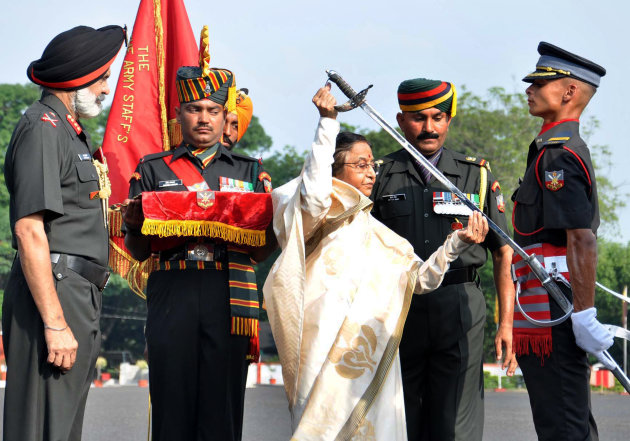
No toy sword this. The President can declare State, National and Financial Emergencies. Punjab, Jharkhand, and Jammu and Kashmir have been under President’s Rule.
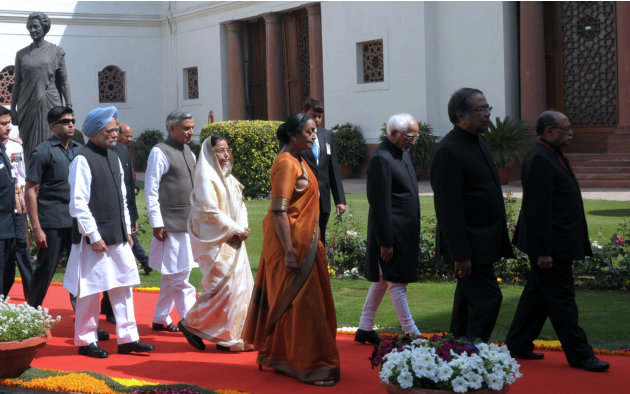
The President delivers the opening address for the first session of the parliament, as well as the first session of a newly elected government, defining the policies of the government.
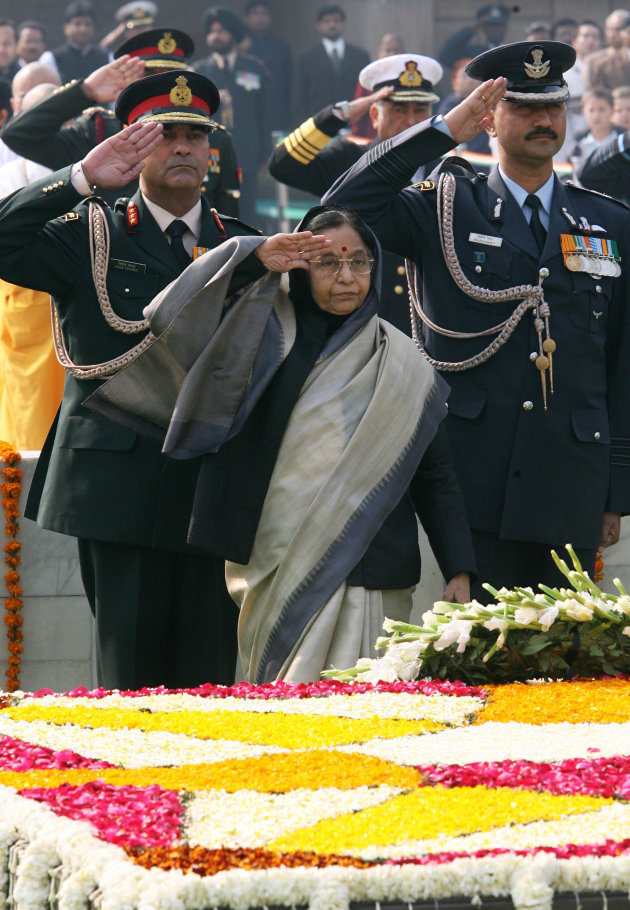
It’s not just a customary salute; the President is the Commander-in-Chief of the Indian Armed Forces.
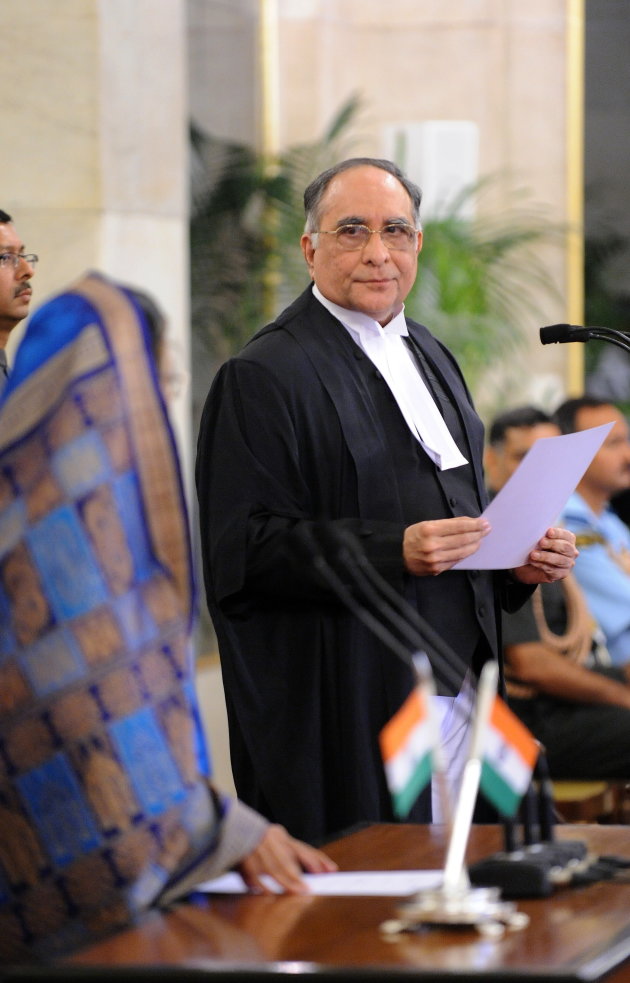
The President appoints our State governors, Supreme Court and High Court Judges, and the Chief Justice.
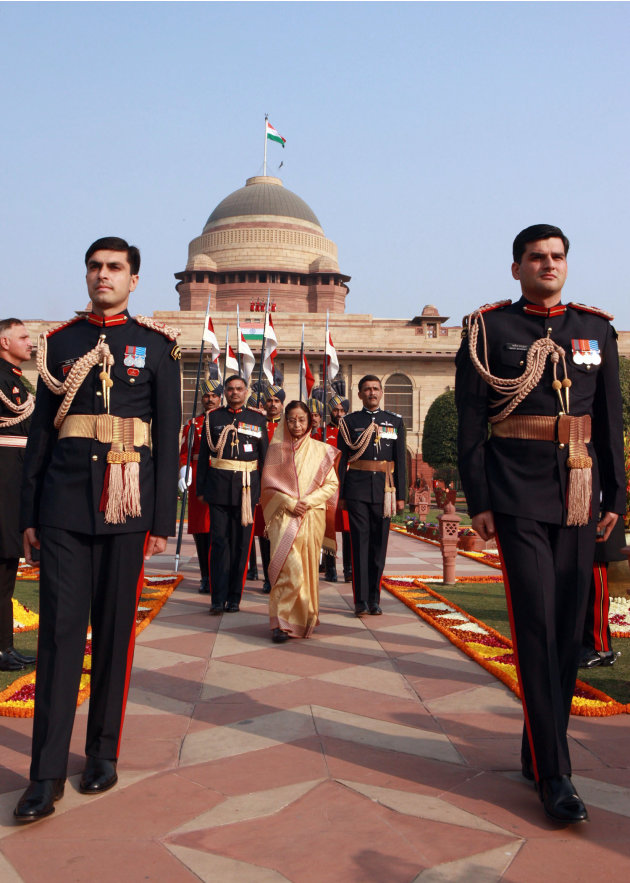
The President can summon and dissolve parliament sessions, and a ‘bill’ passed in the parliament can become ‘law’ only after the President’s approval.
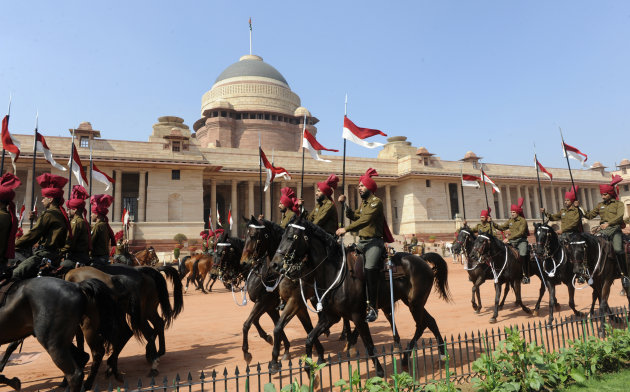
The President of India has the power to reduce jail the degree of punishment or pardon criminals - even death sentences can be absolved on appeal.
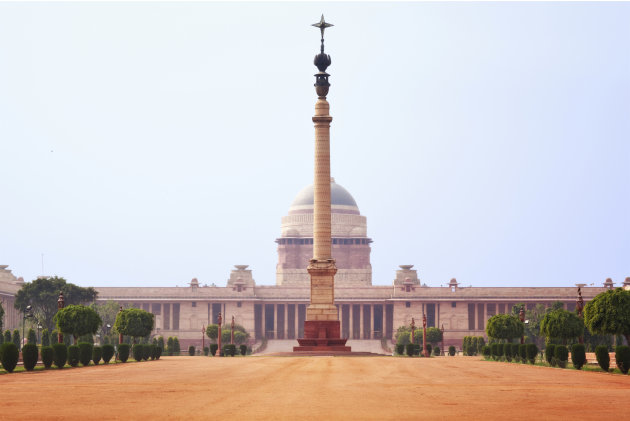
The Rashtrapati Bhavan has 340 rooms, spreads over 200,00 square feet, and was built with 700 million bricks!
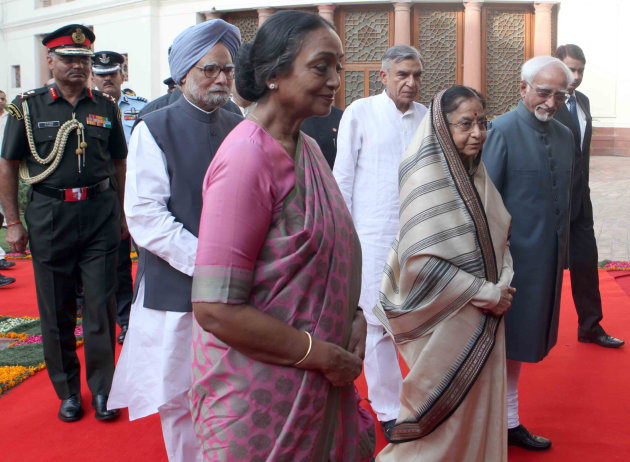
Lok Sabha, Rajya Sabha as well as the Vidhan Sabhas of all states vote to elect the President for a term of 5 years.
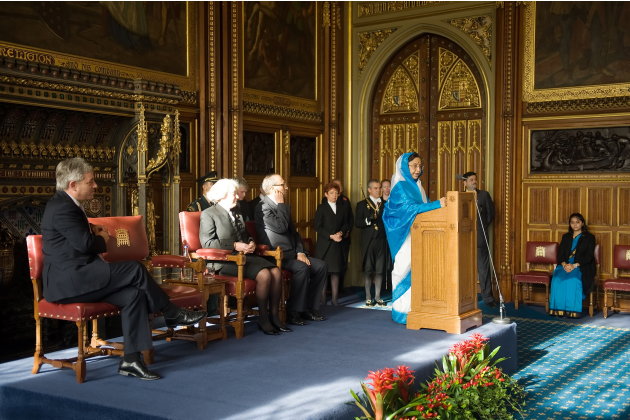
The President is the ‘ceremonial head’ of India. Ambassadors and High Commissioners representing our country are appointed by the President.
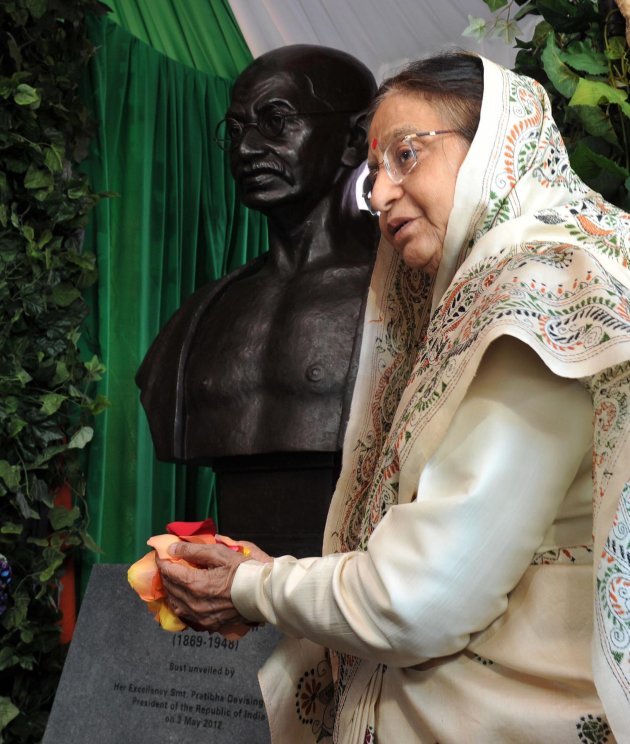
The President doesn’t just offer tributes and speeches, but also appoints the Chief Election Commissioner and other Election Commissioners.
No comments:
Post a Comment